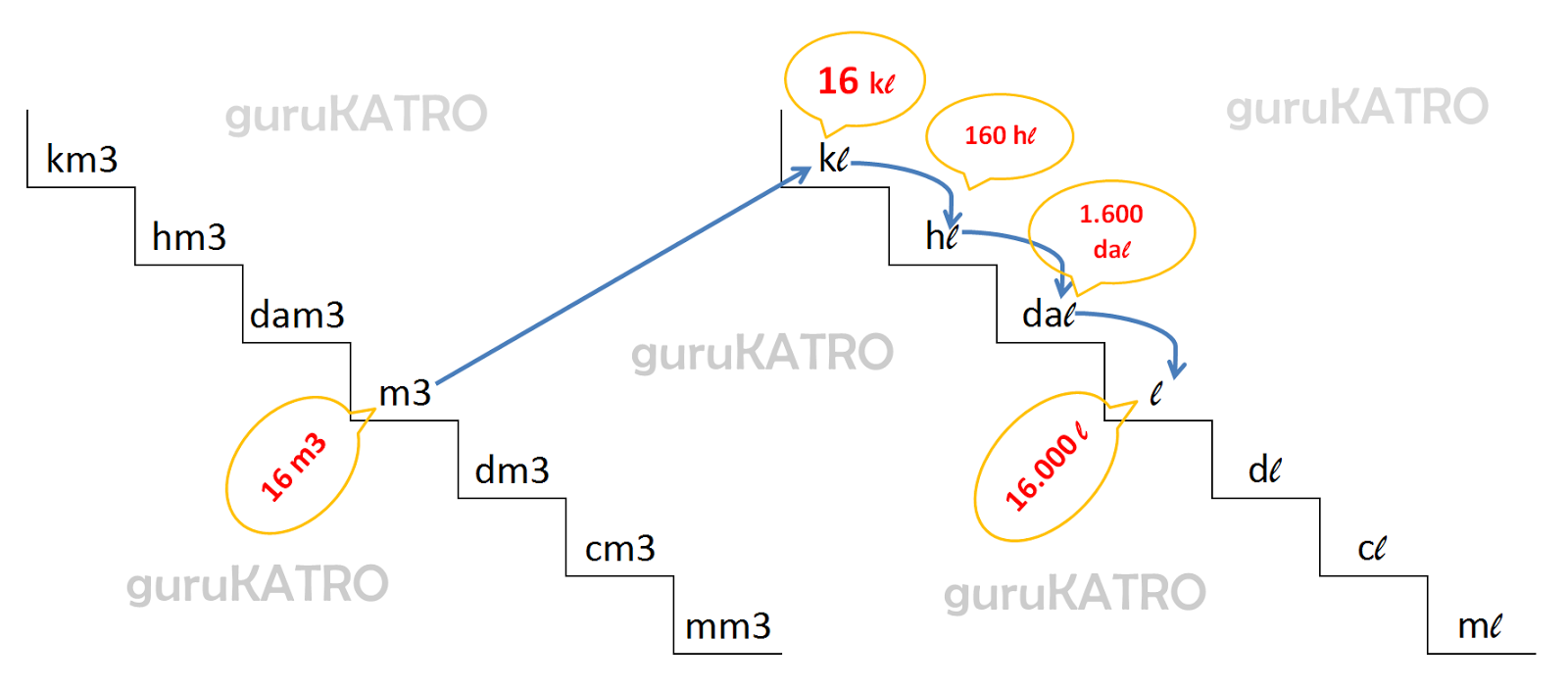Machine Learning (ML) in MM3 represents a significant advancement in how we approach data analysis and predictive modeling. The integration of machine learning in MM3 systems has revolutionized various industries, enabling organizations to harness vast amounts of data for better decision-making and efficiency. As we delve deeper into this topic, we will explore the fundamentals of ML in MM3, its applications, and its impact on modern technology.
In this article, we will dissect the various components of ML in MM3, including its definitions, methodologies, and real-world applications. We aim to provide a clear understanding of how ML operates within MM3 frameworks and why it is crucial for businesses today. Additionally, we will analyze statistical data and expert opinions to underscore the importance of machine learning in this context.
By the end of this comprehensive guide, you will have a thorough understanding of ML in MM3 and its relevance in today’s digital age. Whether you are a professional seeking to enhance your skills or a curious reader wanting to learn more, this article is tailored to meet your needs.
Table of Contents
- What is ML in MM3?
- Importance of ML in MM3
- Applications of ML in MM3
- Key Methodologies in ML for MM3
- Challenges and Solutions in Implementing ML in MM3
- Future of ML in MM3
- Case Studies of ML in MM3
- Conclusion
What is ML in MM3?
Machine Learning (ML) refers to a subset of artificial intelligence that enables systems to learn from data, identify patterns, and make decisions with minimal human intervention. MM3, which stands for [insert MM3 specific meaning], serves as a framework where ML can be effectively applied. Understanding the synergy between ML and MM3 is critical for professionals aiming to leverage data-driven insights.
Definition of ML
ML involves algorithms that analyze data, learn from it, and make predictions or decisions based on the input data. This technology has become increasingly important due to the exponential growth of data in various sectors.
Definition of MM3
MM3 refers to [insert MM3 specific definition]. It is a system designed to [describe what MM3 does], offering a robust platform for integrating ML capabilities.
Importance of ML in MM3
The integration of ML in MM3 systems is pivotal for several reasons:
- Enhanced Decision Making: ML algorithms can analyze large datasets quickly, providing insights that facilitate better decision-making.
- Predictive Analysis: By identifying patterns in historical data, ML can forecast future trends, helping businesses stay ahead of the competition.
- Automation of Processes: ML reduces the need for manual analysis, automating repetitive tasks and increasing operational efficiency.
- Personalization: Businesses can leverage ML to deliver personalized experiences to customers, enhancing satisfaction and loyalty.
Applications of ML in MM3
The potential applications of ML within MM3 are vast and varied:
Industry Applications
- Healthcare: Predictive analytics for patient outcomes and personalized treatment plans.
- Finance: Fraud detection and risk assessment using ML algorithms.
- Retail: Inventory management and customer behavior analysis to optimize sales strategies.
- Manufacturing: Predictive maintenance to minimize downtime and enhance productivity.
Key Methodologies in ML for MM3
Several methodologies underpin the successful implementation of ML in MM3:
- Supervised Learning: Involves training a model on labeled data.
- Unsupervised Learning: The model learns from unlabeled data to identify patterns.
- Reinforcement Learning: The model learns by receiving rewards or penalties.
Challenges and Solutions in Implementing ML in MM3
While the benefits of ML in MM3 are significant, there are challenges that organizations must navigate:
- Data Quality: Ensuring the data used for training models is accurate and relevant.
- Scalability: Building ML models that can scale with the increasing data volume.
- Integration: Ensuring seamless integration of ML with existing MM3 systems.
Future of ML in MM3
The future of ML in MM3 looks promising, with advancements in technology paving the way for innovative applications. As organizations continue to embrace digital transformation, the demand for ML capabilities will only increase.
Case Studies of ML in MM3
Examining real-world examples can provide valuable insights into the effectiveness of ML in MM3:
- Case Study 1: [Brief description of a successful implementation of ML in MM3]
- Case Study 2: [Another example highlighting the benefits and outcomes]
Conclusion
In conclusion, the integration of ML in MM3 offers numerous advantages that can enhance decision-making, improve efficiency, and drive innovation across various industries. As we move forward, the importance of understanding and adopting ML technologies will only continue to grow.
We encourage you to share your thoughts on this topic in the comments section below. If you found this article informative, please consider sharing it with others or exploring more articles on our site.
Thank you for reading, and we hope to see you return for more engaging content on ML and related topics!
.PNG)



